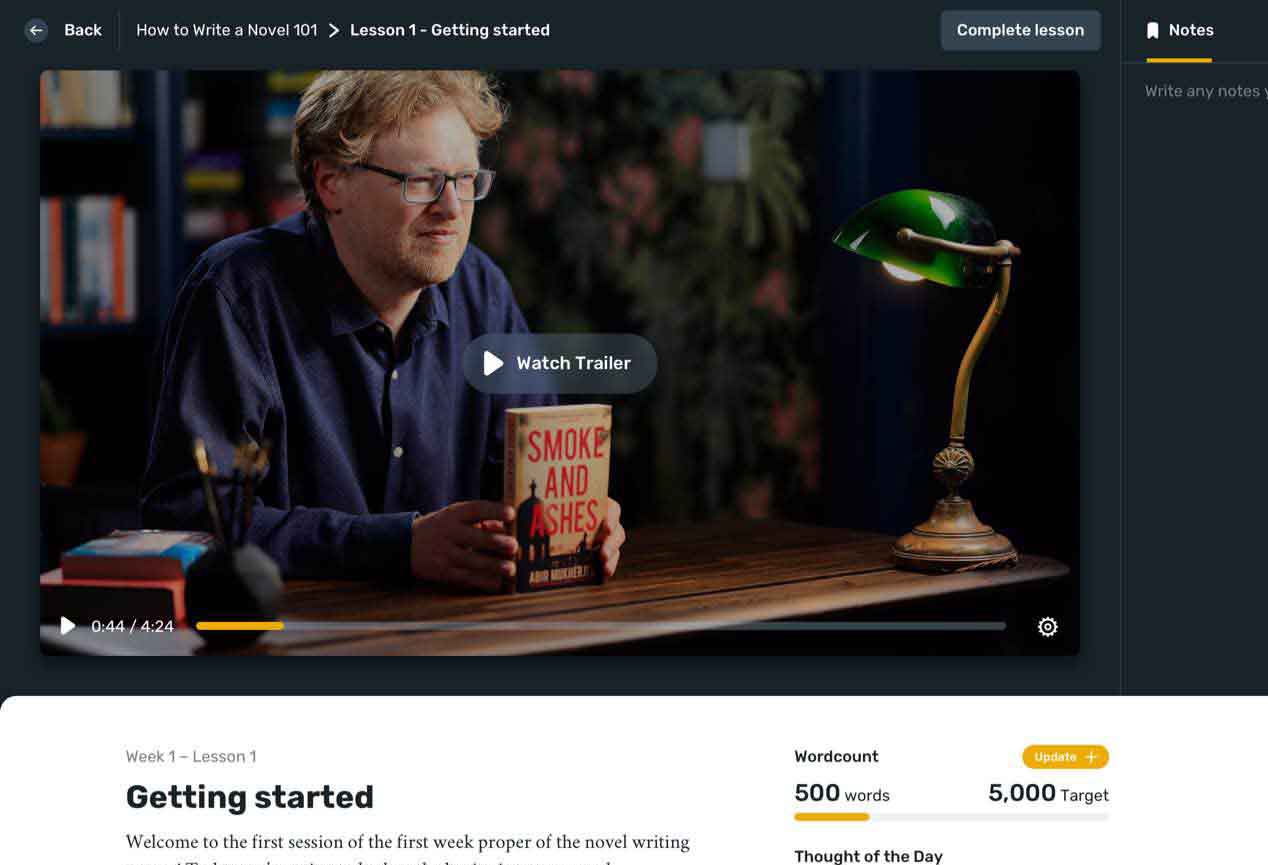Find the perfect editor for your next book
Over 1 million authors trust the professionals on Reedsy. Come meet them.
Come up with three thought provoking questions. Such as:
Feel inspired? Share your story below.
Get your creative juices flowing with these similar writing prompts.
Have you read a book you couldn't put down? A good writer knows how to keep the reader's attention - and the secret of that is pacing. Take a page-turner and analyse how it kept you gripped. Usually it's because each scene introduced something new, which might be a major revelation or a tiny shift in the way the reader perceives a character. Run through the entire book and write down the purpose of every major scene and turning point.
If you're working on a novel or short story, write a pivotal scene from an outside observer's perspective who has no role in the story.
"There is a charm about the forbidden that makes it unspeakably desirable" _ Mark Twain. Your character is doing something someone else has forbidden. Someone else discovers. Will there be a confrontation? Or will the discoverer be so uncomfortable that (s)he will ignore or throw hints instead? This is a great scene to practice tension between two characters as well as the internal thoughts of one of the characters.

NEW VIDEO COURSE
How to Write a Novel
Your story matters. Unlock your potential with daily video lessons from bestselling ghostwriter Tom Bromley, and finish your first draft in just 3 months.Learn more →
The best way to learn is by reading, so pick up a book that had a plot twist that surprised you and yet felt right. Look for subtle foreshadowing in it. Start at the beginning of the book and find the clues that point towards the twist. Make a list of them. Include the wording, so that you can see why they weren't obvious at first.
There's one powerful motivator that led your reader to your book - curiosity. Our brain doesn't stop asking questions because it knows that's how it learns and evolves. Questions raise uncertainty. Unknowns. And if there's an unknown, then humans want to make it known. There will be a big question that drives your story, so take a couple of minutes to consider the mother-question that propels your book from beginning to end.Your manuscript also needs to be powered by lots of little questions. Your book will need a variety of whos, whens, whys, and wheres to keep your reader engaged. In fact, every scene in your book needs to have a question define it. It's what will keep your reader turning those pages. Review each of your scenes and identify the question/s hanging over it, because once you nail that, their mind will be asking the most important question of all - what happens next?